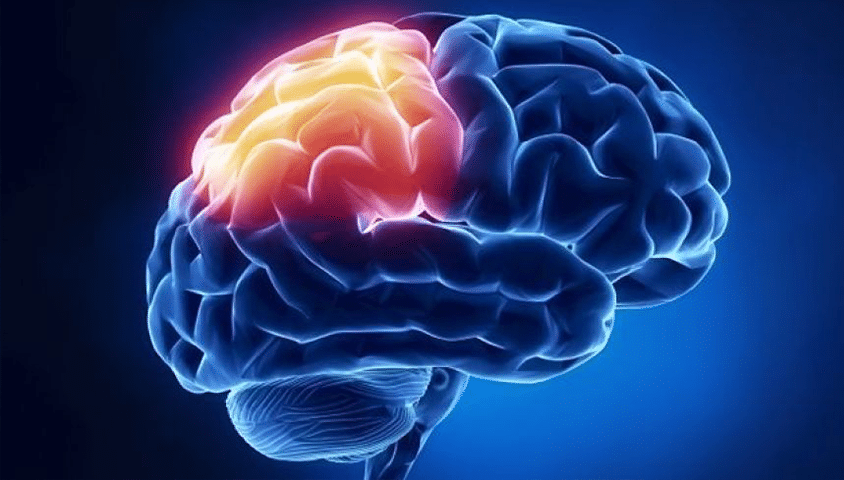
Causes, Symptoms, and Treatment of Traumatic Brain Injuries
Any bump, blow, jolt, or penetrating injury to the head is considered a traumatic brain injury (TBI). Even though it sounds scary, many people suffer from TBI’s and don’t even realize it. These injuries are very common among individuals who play sports or who work in certain environments, and are common injuries in auto accidents.
In this post, our Douglasville brain injury attorney offers some insight into the causes, symptoms, and treatment of traumatic brain injuries.
How Common are Traumatic Brain Injuries?
According to the Centers for Disease Control and Prevention (CDC), traumatic brain injuries affect people ranging from infants to the elderly, and can occur in a variety of situations. The CDC estimates that around 153 people suffer a TBI each day. These injuries account for the following annual statistics:
- Each year, approximately 2.8 million people will visit the emergency department, be hospitalized, or die as a result of a TBI.
- In 2013, TBI’s contributed to:
- 50,000 deaths
- 282,000 hospitalizations
- 2.5 million emergency department visits
The CDC estimates that the number of TBI-related cases are increasing. From 2007 to 2013, the number of TBI-related emergency department visits increased by 47 percent.
Causes of Traumatic Brain Injuries
TBI’s can be caused by a variety of situations and factors. Some of the most common causes of TBI’s include:
- Falls – Fall injuries can range in severity, from falling off a bed to falling down a flight of stairs. Falls are one of the leading causes of TBI’s in young children and older adults. Common fall accidents include falling down stairs, off ladders, in the bath, or slipping on wet surfaces.
- Auto Accidents – Auto accidents are an extremely common cause of TBI’s. Any accident involving contact between your head and another object can cause a TBI. Some TBI’s can also be caused by the trauma of your brain hitting your skull.
- Sports Injuries – A leading cause of TBI’s among teenagers and young adults is sports injuries. These TBI injuries are common in football, boxing, soccer, skateboarding, hockey, and baseball.
- Assault – Assault is another common cause of TBI’s. Any force applied to the head can cause a TBI. Examples include child abuse, assault or battery, sexual assault, or shaken baby syndrome.
Symptoms of Traumatic Brain Injuries
The symptoms associated with a TBI may vary depending on the severity of the injury and where it occurred. In general, the symptoms can be broken down into children’s, mild, and moderate or severe symptoms, such as:
TBI Symptoms in Children:
- Unusual irritability, depression, or mood changes
- Persistent crying/inconsolable
- Changes in eating or sleeping habits
- Inability to pay attention
- Seizures
Mild TBI Symptoms:
Physical:
- Loss of consciousness
- Dazed, disoriented, or confused
- Headache
- Nausea or vomiting
- Difficulty sleeping
- Excessive fatigue or sleeping
Sensory:
- Blurred vision
- Ringing in ears
- Changes in taste or smell
Cognitive:
- Difficulty concentrating
- Memory lapses
- Unusual changes in mood
- Depression or anxiety
Moderate to Severe TBI Symptoms:
Physical:
- Loss of consciousness lasting minutes or longer
- Persistent or worsening headache
- Convulsions/seizures
- Dilated pupils
- Ongoing nausea or vomiting
- Clear drainage from ears or nose
- Numbness or tingling in toes or fingers
Cognitive:
- Agitation, irritation or combativeness
- Unusual changes in behavior
- Slurred speech
- Profound confusion
- Coma
Any of these symptoms could be present on their own, or in combination with others. If you or someone you love has suffered any sort of head injury and has any of these symptoms, contact a healthcare provider right away.
Treatment of Traumatic Brain Injuries
Treating a TBI can range from simply monitoring the patient, to more extensive medical care. The treatment plan for a TBI injury will depend on a variety of factors including the severity and location of the injury, symptoms present, and your overall health. In general, some of the most common treatment options include:
- Emergency Care – Includes ensuring the patient has adequate oxygen and is stabilized without risk of further injury.
- Medication – Medications can help relieve symptoms and prevent further damage to the brain. Common medication treatment includes diuretics, anti-seizure medications, or coma-inducing medications.
- Surgery – If a TBI is serious enough, treatment may include surgery. Surgical procedures may include operations to:
- Remove blood clots (hematoma)
- Repair skull fractures
- Stop bleeding in the brain
- Relieve pressure on the skull
- Rehabilitation – Many TBI patients require rehabilitation to help them improve their physical and cognitive health. Rehabilitation often includes occupational therapy, speech therapy, recreation, physical therapy, and ongoing work with various healthcare professionals.
Without a doubt, the best way to determine what treatment is best for you is to consult your healthcare provider. However, if you’re a victim of TBI or brain injury, be sure to contact The Embry Law Firm, LLC for a free consultation to explore your legal options.



